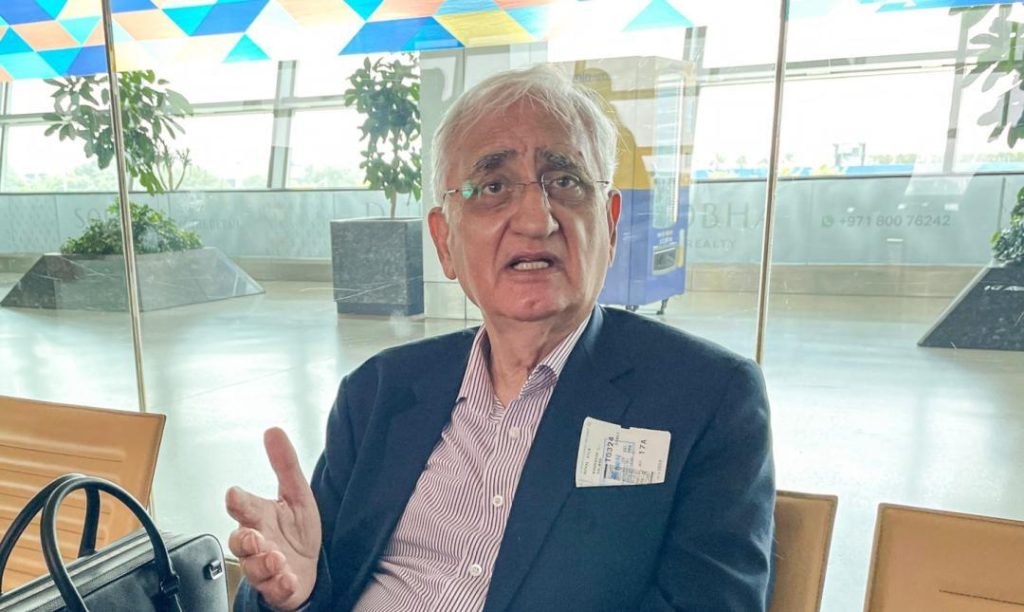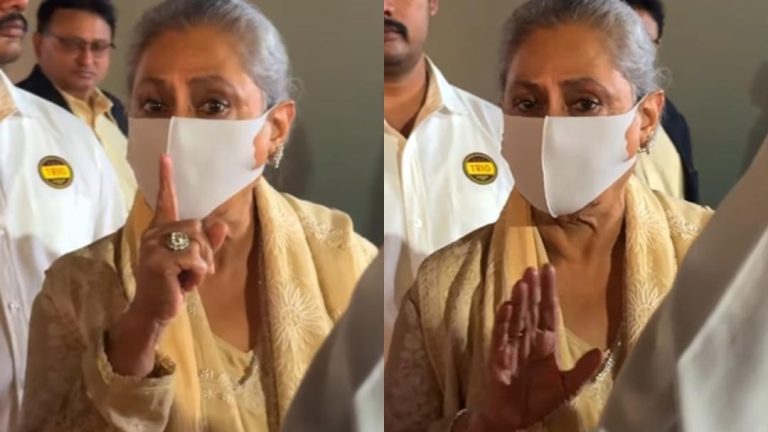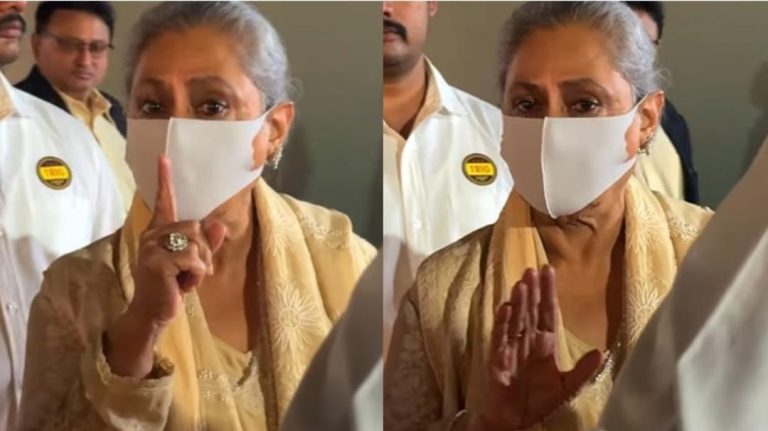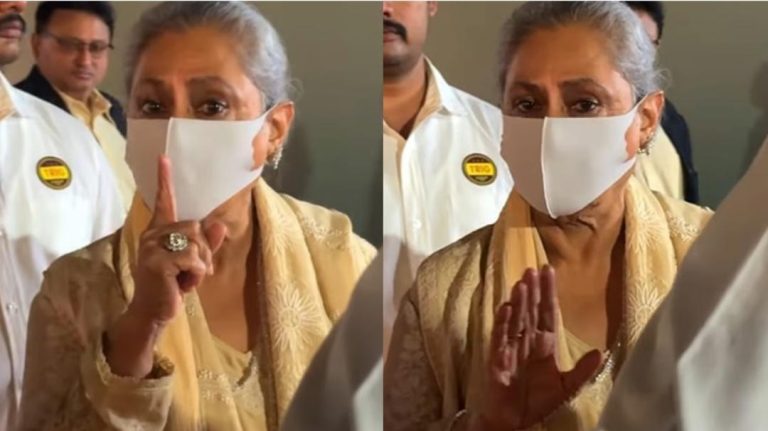
Is it so difficult to be patriotic? Congress’ Salman Khurshid in apparent dig at own party
In a recent social media post, Congress leader Salman Khurshid, who is part of an all-party delegation on Operation Sindoor, sparked a debate by questioning the ease of being patriotic in the face of terrorism. His statement, “When on a mission against terrorism, to carry India’s message to the world, it is distressing that people at home are calculating political allegiances…Is it so difficult to be patriotic?” has left many wondering if it’s a veiled attack on his own party.
Operation Sindoor, a joint initiative between India and Pakistan, aims to combat terrorism and promote peace in the region. Khurshid, along with other party leaders, is part of this delegation, tasked with carrying India’s message to the world and engaging with Pakistani officials to tackle the menace of terrorism.
Khurshid’s statement can be interpreted in two ways. On one hand, it could be seen as a genuine expression of frustration and concern about the divisive nature of politics in India. In a country where political allegiances often take precedence over national interests, it’s not uncommon for politicians to prioritize their party’s agenda over the greater good. Khurshid may be lamenting the fact that even in the face of a pressing issue like terrorism, politicians are more focused on scoring political points than working together to find a solution.
On the other hand, some have speculated that Khurshid’s statement is a subtle dig at his own party, the Congress, which has often been criticized for being soft on Pakistan. The Congress party has traditionally maintained a cordial relationship with Pakistan, and some have accused them of prioritizing diplomatic ties over national security. In this context, Khurshid’s statement could be seen as an attempt to distance himself from his party’s perceived weaknesses on national security.
It’s worth noting that the Congress party has been vocal about its commitment to fighting terrorism and has taken several initiatives to strengthen national security. However, some critics argue that the party’s approach is often too nuanced, and that they prioritize diplomacy over robust action against terrorist groups.
The timing of Khurshid’s statement is also significant. Operation Sindoor is a high-stakes initiative that requires cooperation between India and Pakistan. Given the sensitive nature of the issue, it’s possible that Khurshid’s statement is an attempt to send a message to his party colleagues and the public at large that the Congress is committed to tackling terrorism, regardless of political differences.
In recent years, the Congress party has faced criticism for being perceived as weak on national security. The party’s handling of issues like the Pulwama terror attack and the Balakot air strike has been subject to intense scrutiny, with some arguing that they have failed to take a strong stance against Pakistan.
Khurshid’s statement can be seen as an attempt to address these concerns and demonstrate the party’s commitment to national security. By questioning the ease of being patriotic, he may be trying to convey that the Congress is willing to take a tough stance against terrorism, even if it means putting aside political differences.
In conclusion, Khurshid’s statement has sparked a debate about the ease of being patriotic in the face of terrorism. While it’s possible to interpret his statement as a genuine expression of frustration, it’s also likely that it’s a subtle dig at his own party’s perceived weaknesses on national security. Regardless of the intent behind his statement, it’s clear that the Congress party needs to address these concerns and demonstrate its commitment to tackling terrorism.






